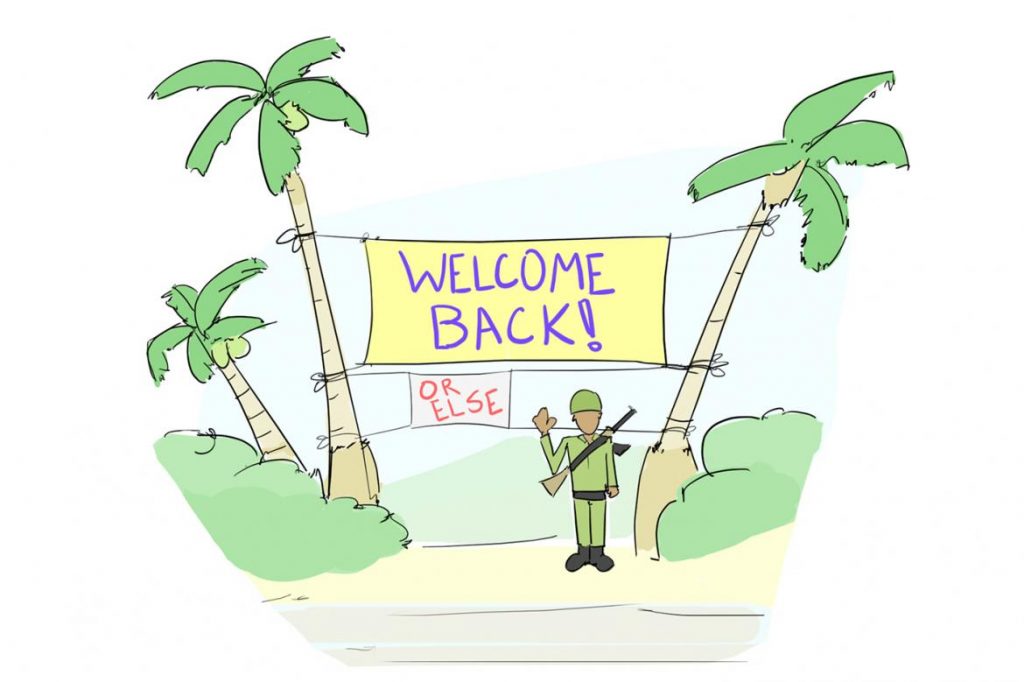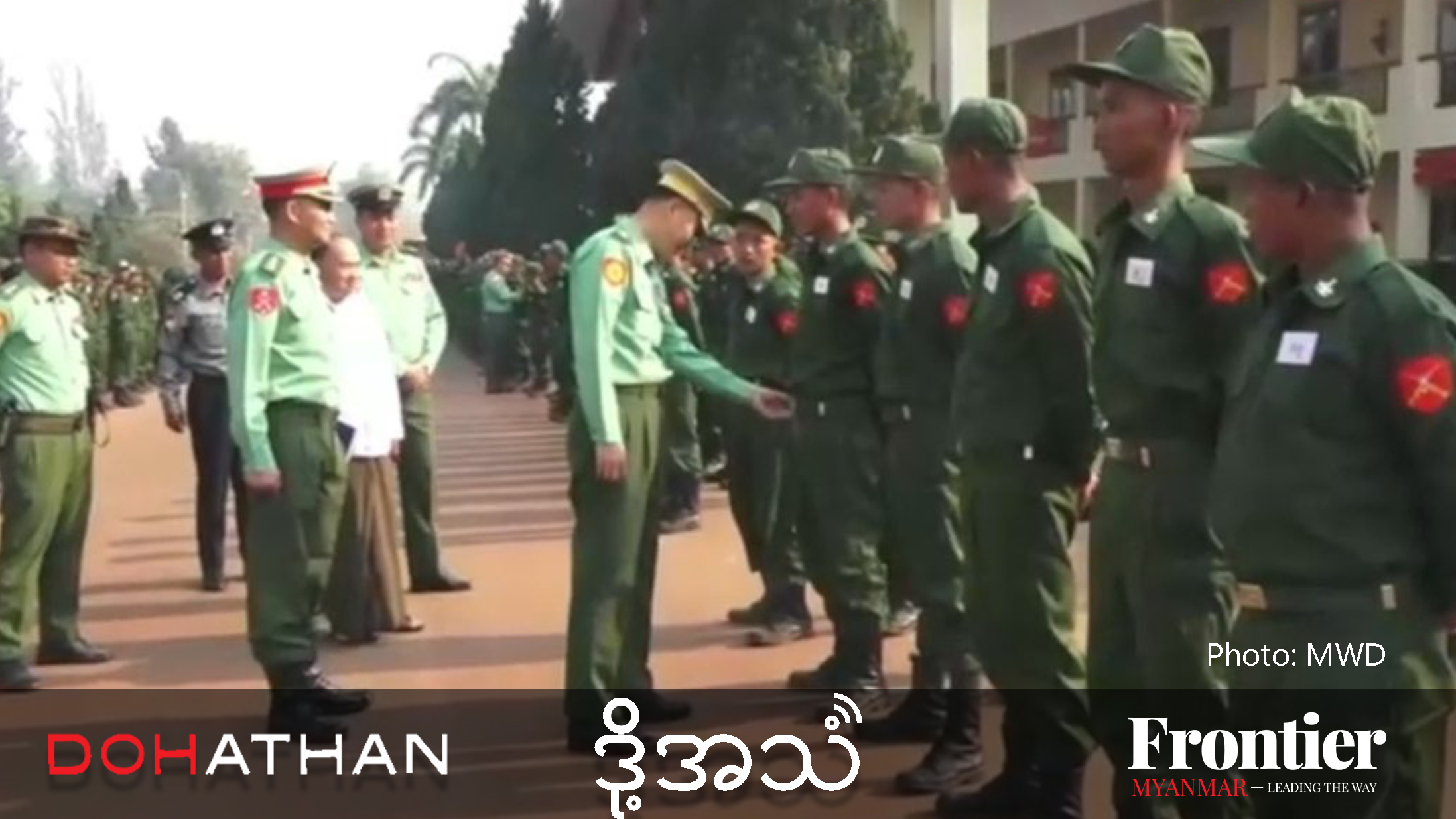The repatriation of Rohingya refugees from Bangladesh that was supposed to get underway on November 15 was always destined to fail given the present conditions in northern Rakhine State.
IT’S ALSO questionable whether either Myanmar or Bangladesh really expected any returns to happen; this seemed more of a political exercise than anything else. Both sides will now trumpet their own actions and decry the other for spoiling the prospects of repatriation.
But the only way repatriation was going to happen on November 15 was if refugees were forced to return against their will. Thankfully, the Bangladesh authorities did not adopt this tactic.
The fact is that Myanmar has not done anywhere near enough to build trust with Rohingya communities and create the pull factors necessary for them to want to return.
The Myanmar government’s key failing is its apparent inability to see the situation from a perspective other than its own.
Its approach has been to build roads, transit camps and new villages, and say that everything is ready. But this repatriation process is about more than infrastructure. It’s about citizenship, freedom of movement and economic opportunities. It’s about security and safety. It’s about engagement and dialogue. It’s about having a dignified place within Myanmar society. These are all issues that are yet to be resolved for the Rohingya.
Support more independent journalism like this. Sign up to be a Frontier member.
Including the United Nations in the repatriation process could have helped build confidence, but the government’s willingness to work with the UN through the memorandum of understanding signed in June has been minimal. Increasingly it looks as though this was just a political stunt to boost the credibility of the repatriation process and relieve international pressure.
The Myanmar government seems to think the world – aside from China, of course – is its enemy. In actual fact Myanmar has many friends who are willing to help and understand the challenges the government faces. This is a crisis many, many decades in the making.
However, they are not going to provide support unconditionally, on terms set by Myanmar alone. They do not want to be part of a process that fails to address the root causes or even exacerbates the problem. They want to build a better future for all people in Rakhine State. Yet their offers of assistance to date have been rebuffed.
There needs to be much greater dialogue, flexibility and understanding from all sides. If that happens, engagement and support will follow.
Even if that happens, refugees will not necessarily queue up to return. Some may not be willing to come back under any circumstances, due to the cumulative effects of decades of discrimination and broken promises and the traumatic events of late 2017.
But there will also be many who hope to build a future for themselves and their families in Myanmar. The Rohingya community is not monolithic, yet their voices are so rarely heard other than as victims.
Anything less than voluntary, safe and dignified return – a standard on which there is so much consensus that it has almost become a mantra – will ultimately undermine prospects for justice, reconciliation and peace in Rakhine.
If returnees are subjected to violence or retribution, are deprived of their fundamental rights, or feel they are worse off than prior to August 2017, then word will soon spread to refugee camps. Any prospect for further returns will be greatly diminished.
It’s essential that repatriation not be rushed. The haste with which the agreement to begin repatriations on November 15 was cobbled together is not the answer.







